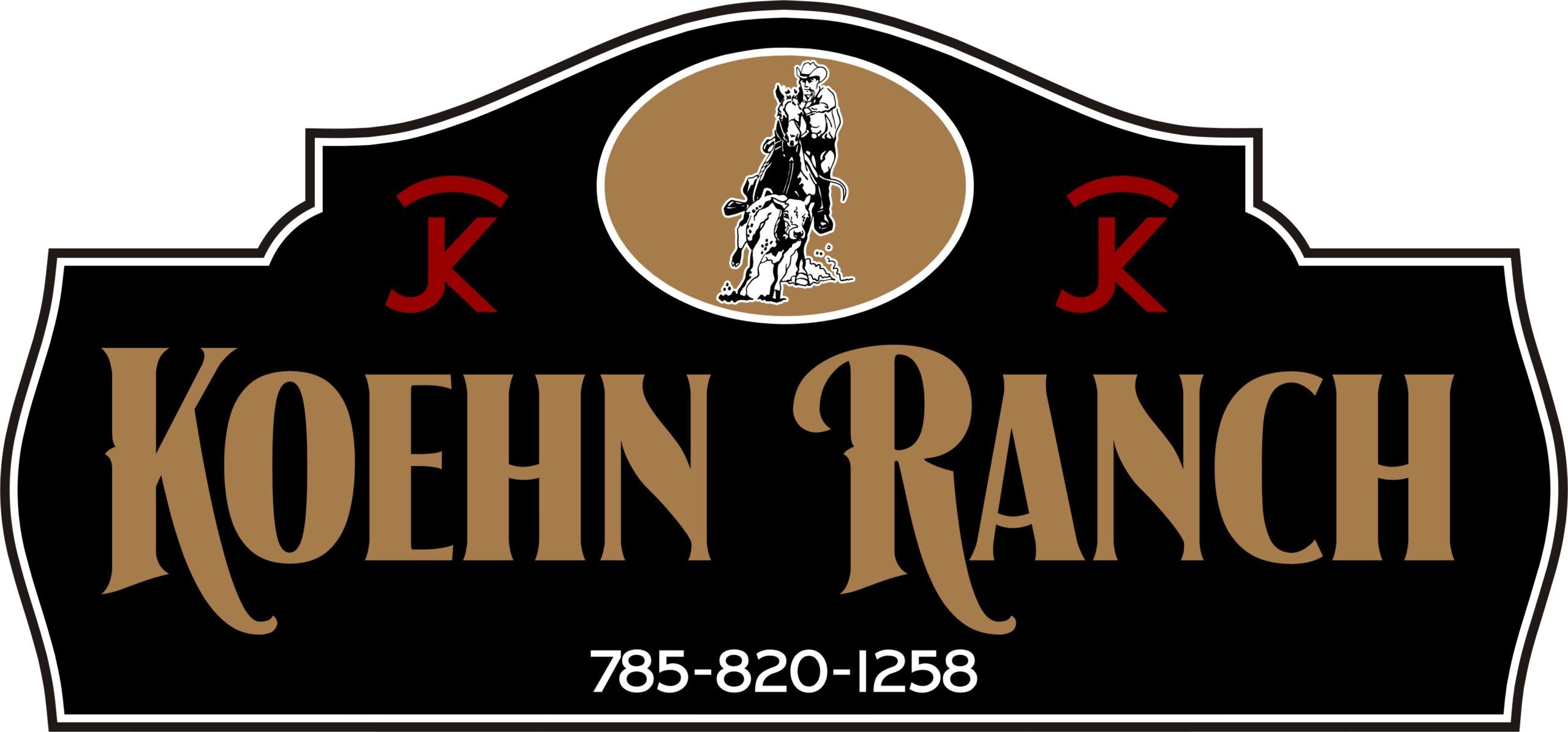Regular veterinary and hoof care are essential components of the care of broodmares. Proper veterinary and hoof care can help maintain the mare’s health, prevent and treat health problems, and ensure the safety and well-being of the mare and her foal. In this blog, we will discuss the importance of regular veterinary and hoof care for broodmares.
Veterinary Care
Regular veterinary care is important for the overall health and reproductive success of broodmares. A veterinary exam should be conducted on a regular basis, ideally at least once a year, to assess the mare’s general health and identify any potential health problems. During the exam, the veterinarian will perform a physical examination, including checking the mare’s eyes, teeth, heart, lungs, and reproductive organs.
In addition to regular exams, broodmares should receive routine vaccinations to protect against common diseases such as tetanus, influenza, and rhinopneumonitis. The vaccination schedule may vary depending on the mare’s age, reproductive status, and geographic location, so it is important to consult with your veterinarian to determine the appropriate vaccine protocol for your broodmares in Kansas, USA.
Broodmares may also require specialized reproductive services, such as breeding evaluations, artificial insemination, and pregnancy checks. These services should be performed by a veterinarian with expertise in equine reproductive medicine.
Hoof Care
Hoof care is another important component of the care of broodmares. The mare’s hooves should be trimmed and maintained on a regular basis to prevent problems such as lameness, hoof cracks, and infections. The frequency of hoof trimming will depend on the individual mare’s rate of hoof growth and wear, but generally, broodmares should have their hooves trimmed every 6-8 weeks.
In addition to regular hoof trimming, broodmares may also require specialized hoof care, such as corrective shoeing to address conformational issues or lameness. It is important to work with a qualified farrier who is experienced in working with broodmares.
Conclusion
Regular veterinary and hoof care are essential components of the care of broodmares. Regular veterinary exams, vaccinations, and reproductive services can help maintain the mare’s health and reproductive success. Regular hoof care, including trimming and specialized shoeing, can prevent hoof problems and lameness. If you are a broodmare owner, be sure to work with a qualified veterinarian and farrier to develop a veterinary and hoof care plan that is appropriate for your mare’s individual needs. Ask the expert today and make horse’s hooves safe for your animals
